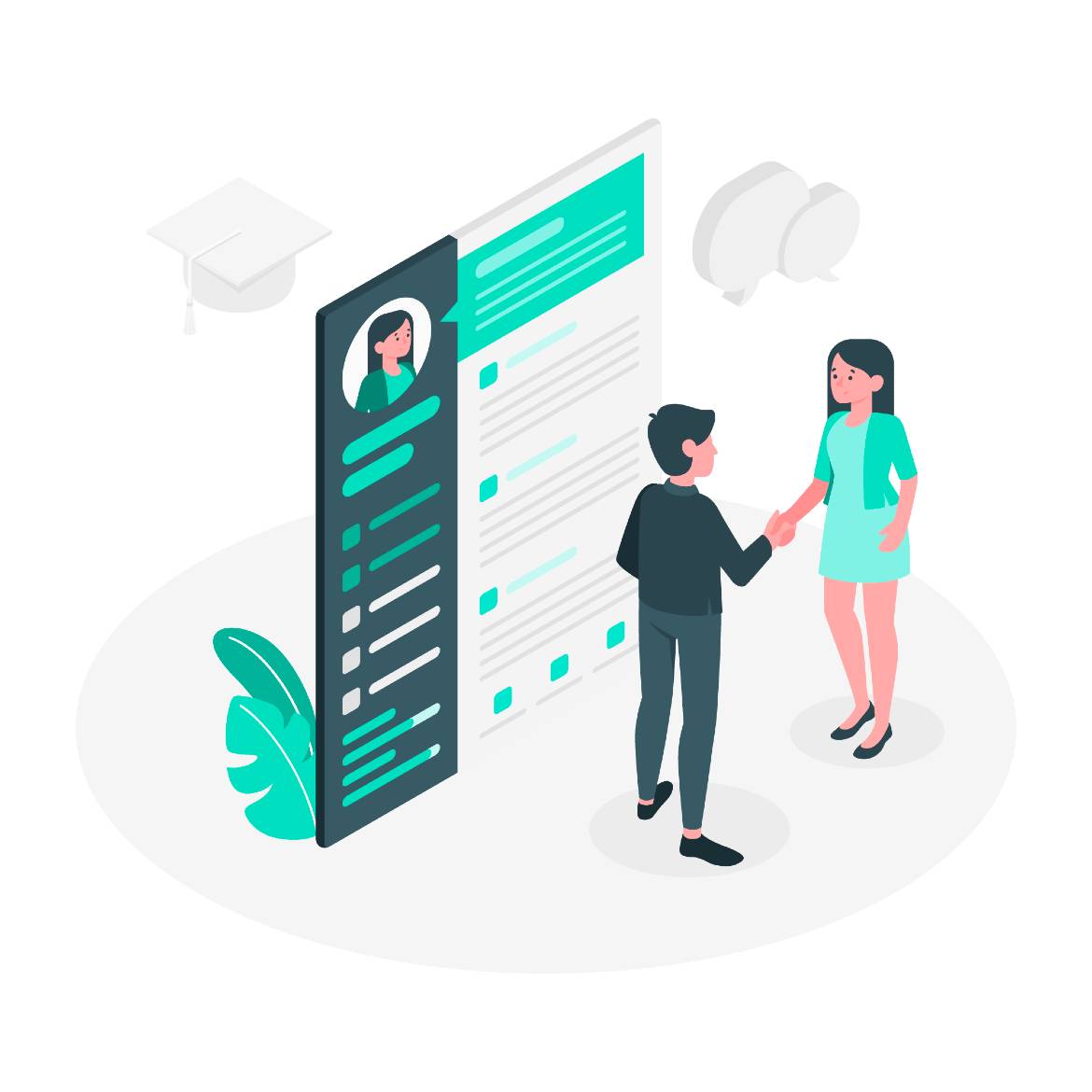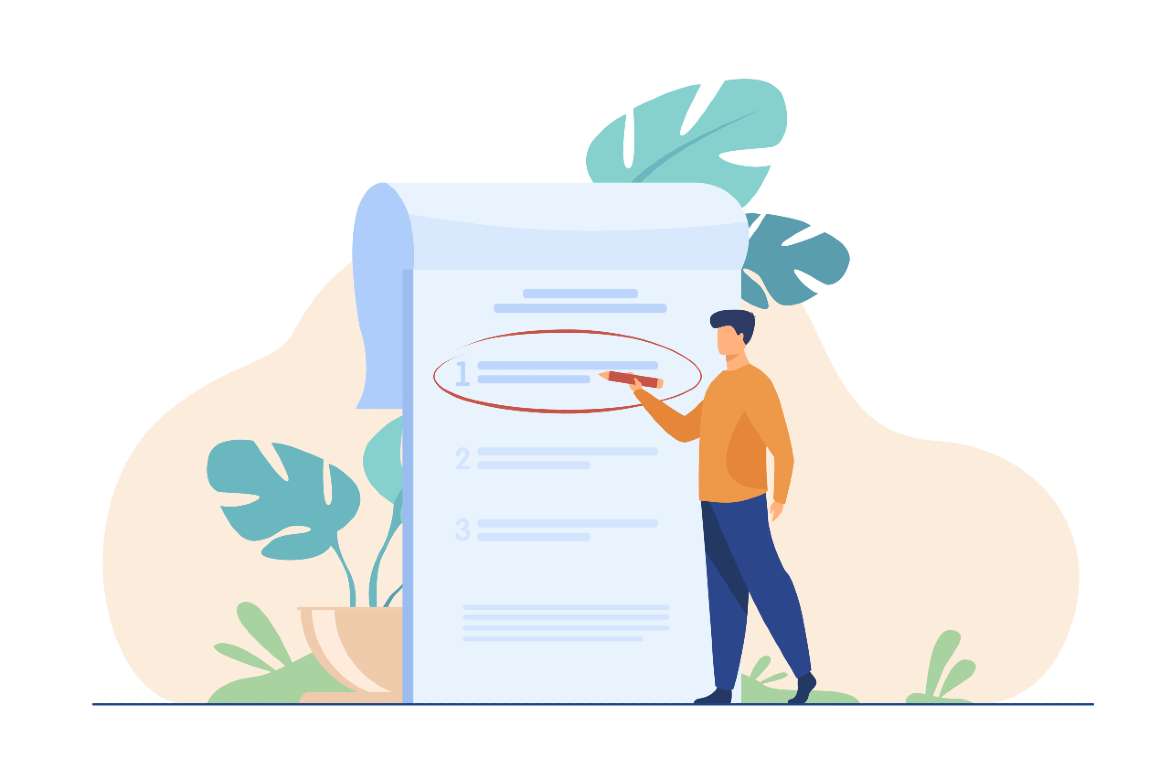Top Tips on Answering Job Responsibility Interview Questions
In every job opportunity nowadays, there is usually a list of criteria that defines exactly what the company is looking for, and what the job responsibilities will be. This is the first line of screening, and gives any potential candidates a good idea of what to expect in their day to day – should they wish to work in the position.
Things like cultural fit and soft skills are highly important in any role, but the first thing that will be assessed is essentially – can you do the job, based on the requirements.
How to prepare for questions about responsibilities?

Once you as a job seeker have secured an interview (and are qualified for the job), the first step is preparing answers to potential questions. These questions will often focus on your experience and suitability to the job, so ideally you will be coming from a similar role previously – or at least one with cross functional skills for this job.
Some questions you should be asking yourself in preparation for the interview are:
-
Can I perform these tasks that are in the responsibilities section?
-
When have I performed these tasks in the past?
-
Was I successful at these tasks?
-
What examples do I have?
For example, if one of the responsibilities is that you will be troubleshooting technical computer hardware problems, be prepared to describe where and when you have done something similar in the past (ideally in a professional environment).
Providing answers to job responsibility questions

Now that you have identified the responsibilities required for the job, you need to identify a relevant example you can provide. Think about a time when you have previously taken on similar responsibilities and provide insights into where, what and how you solved the problem.
If you have previously worked in a similar role or environment, then your answers regarding responsibility should be focused on this particular role. This will show the employer that you have done this type of work already in the past and are more than capable.
It is a good idea to focus largely on the responsibilities that are directly applicable to the new jobs requirements.
For example, if you are interviewing for a security role that requires you to pen-test desktop applications, prepare answers around previous desktop application projects you’ve worked on – as opposed to let’s say network security projects.
If you do this for each and every responsibility in the job spec, then you are leaving no stone unturned and will not be taken by surprise in an interview.
Expand and explain your answers

The interviewer has already seen your CV, and already has a fair idea of what you have done in the past. They will more than likely have this open during the interview and will be checking for any discrepancies or duplication. When they ask you questions, this is your time to add your own flair, tell a story and expand on the bullet points that may be in your CV.
A good system to follow again, is the ‘Where, what, how’ formula in this instance. Instead of just saying you are ‘cost effective’ (as per your CV), give them an example of a specific time you saved some money and how you went about doing this task.
For example: “While at Google working as a data centre technician, I was responsible for maintaining computer hardware, fixing any broken components and troubleshooting technical issues that arose. Being cost effective is a key skill that they look for, and on one occasion I took a CPU socket from a broken motherboard and attached it to another motherboard that had a faulty piece. This resulted in one fully-functioning motherboard instead of two broken ones and essentially saved the company on unnecessary resources.”
Further guidance for job responsibility interview questions

Although a lot of preparation can be done ahead of an interview, you won’t always know what is going to come up. You may have the technical side of things covered, but often the general questions can be a bit tricky, so it’s best to prepare even if they don’t get asked.
There are a number of general interview questions you can prepare for such as “how have you dealt with conflict in the past” or “what’s your biggest professional achievement”. These are questions that can be asked in any interview, so prepare answers to close to 10 similar questions. The chances are you will be able to shape these answers to fit the question in one way or another.
Preparing for an interview is vital and can heavily influence the impression you leave on a hiring manager. Preparing answers based on the job responsibilities and commonly asked questions is always a good idea and will give you a lot more confidence when you actually present yourself on the day.
Be honest, give clear examples and speak positively about your experiences. This when combined with your complete preparation should improve your chances of getting the job that you want.
Remember: Plans are nothing, Planning is everything.
